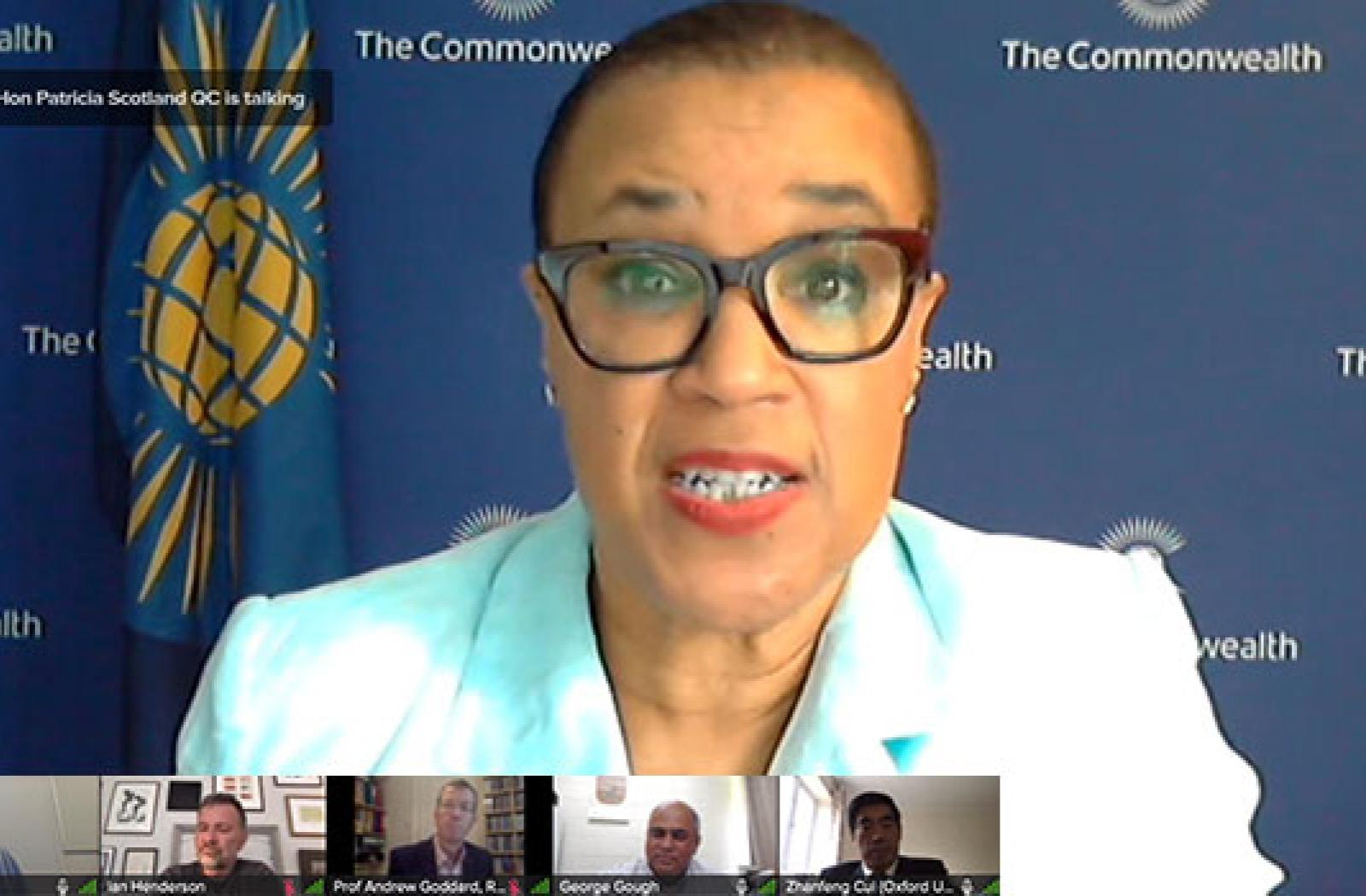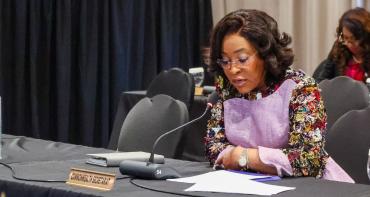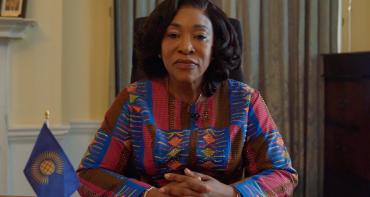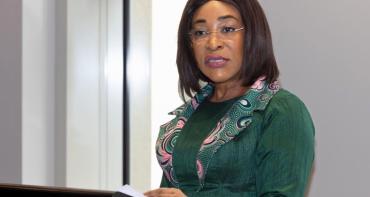Officials from countries across the Commonwealth have joined doctors, pharmacists, researchers, test suppliers and World Health Organisation (WHO) experts to explore the best options for rapid COVID-19 testing.

Officials from countries across the Commonwealth have joined doctors, pharmacists, researchers, test suppliers and World Health Organisation (WHO) experts to explore the best options for rapid COVID-19 testing.
Convened by the Commonwealth Secretariat, the meeting was part of an ongoing multi-sectoral dialogue helping the 54 member countries pool information and explore effective testing strategies, practices and tools with a focus on rapid testing kits, which have the potential to give accurate results in minutes without complex machinery.
Secretary-General Patricia Scotland said it was important the Commonwealth plays a role in bringing the latest technologies and best practice to its member countries.
She said: “Every day we are seeing a dramatic increase in COVID-19 cases across the globe. The impact on families, who are losing their loved ones, is unimaginable; and the cost to economies is staggering.
“Speedy and effective testing and tracing play a critical role in our strategy to safely reopen our offices, hotels, airports and businesses; and to get our industries, economies and people moving again.
“This meeting was an opportunity to better understand the needs of countries and to help match those with the right testing strategies and solutions.”
The Secretary-General stressed the importance of continued dialogue towards helping countries boost testing and tracing to guide local authorities in making real-time decisions on who needs to isolate.
Currently, dozens of rapid testing solutions are in the global race to meet the rising demand to provide fast, easy, cheap and effective testing technology at scale.
Many of these rapid tests have high accuracy rates and could detect the virus before symptoms begin to show.
Two testing solutions were presented at the meeting. Both are portable and capable of giving accurate results in a fraction of the time compared to the PCR technique, without the need for expensive and complex infrastructure.
The ongoing Commonwealth dialogue will review more testing options in partnership with the WHO, as well as effective procurement processes which will allow countries to place orders, buy approved testing kits and support them in deploying supplies in communities.
President of Belize’s Ministry of Health and Chair of the Commonwealth Advisory Committee on Health, Dr George Gough, said:
“We have been using the PCR method for the last six to seven months but we have found out very clearly that it is not sustainable.
“So in the last two months, we moved ahead with some rapid tests for antigens and found out through the guidance of the World Health Organization (WHO) that we could look quite efficiently at the SOFIA [antigen testing kit] and other platforms.
“With this, we have moved ahead to re-open our tourism industry by opening our international airport and we have started to actively test the incoming tourists using a rapid antigen test platform.”
He added that the dialogue comes at an “opportune time” as countries explore rapid testing solutions as a way forward to re-opening the economy.
When rolled out in vast numbers, the rapid solutions could boost the testing capacity of developed and developing countries alike, helping identify hotspots early, keeping the virus at bay and restarting economic activity.
As of 9 October, Malta leads in the Commonwealth for performing the highest number of testing per 1,000 with about 570 tests, followed by Singapore and the UK with 512 and 327 respectively.
Health officials from member countries, academic institutions, the private sector, the WHO, the Commonwealth’s Nurses and Midwives Federation, medical doctors and the Pharmacists Association were among the participants.
Total COVID-19 tests per 1,000 people
*NOTE: These rapid testing strategies are at different stages of development and will need to meet the WHO specifications as well as additional regulatory approvals and validations.



